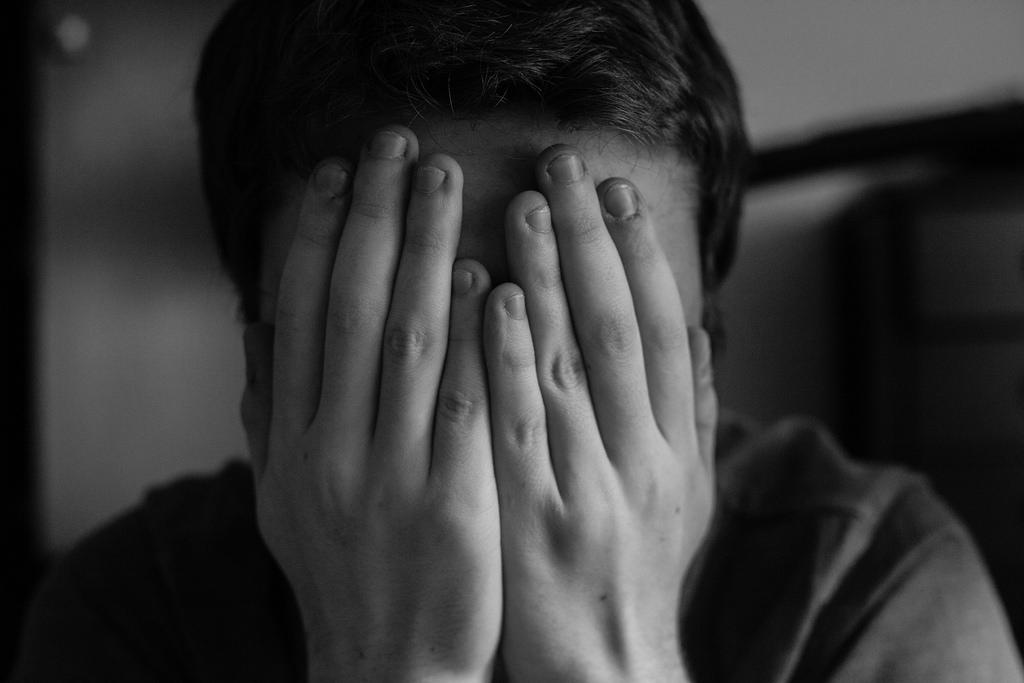A dual diagnosis sounds terrifying, but in reality, it's a common part of many struggles with addiction and mental illness. A dual diagnosis is when a person who has a mental disorder and struggles with substance abuse. It's a pretty broad term – it can describe someone with anxiety who abuses medication, or someone with a drinking problem and depression. However, because it's broad, it can make an actual diagnosis tricky. What came first, addiction or substance abuse? Did one influence another? Obviously, it can be tricky to narrow down exactly what constitutes a dual diagnosis, but common sense and a broad medical term allow us to use it to reference any coexisting mental disorders and substance abuses.

So how do we get a dual diagnosis? That's a little more complex than how it's defined. Medical professionals and psychiatrists have yet to come to a clear consensus. There are a few theories, and they all cross paths eventually. The first is the theory of causality, which states that certain substances, when abused, can lead to a mental disorder. Drugs that may participate in this concept are often psychoactive, like marijuana or LSD. While a clear link has yet to be established, some connection has been made between psychosis-inducing drugs and mental illness. Another commonly observed factor in dual diagnoses is ADHD and autism. While those who have ADHD are much more likely to have a substance abuse disorder than those who don't, those with autism are far less likely to abuse substances. Those with ADHD are often prescribed pills that can occasionally lead to addiction or abuse. However, those with autism are often far less social and extroverted, which often negate the risk factors that can cause others to drink. Obviously, this makes diagnosing a dual diagnosis more difficult, as not every mental illness can be a part of one. One of the most common theories is that of self-medication. It posits that those with serious mental disorders often self-medicate with substances. Those with depression may seek out stimulants to help cancel out the lethargy and sadness of depression. Those with anxiety might abuse opioids to help battle common symptoms like social anxiety or tremors. Essentially, mental disorders often push emotions or actions in one direction, and substance abuse pushes it in the other. Many hope to find the balance or middle ground this self-medication seems to promise, but the middle ground doesn't exist. Instead, many will succumb to substance abuse, which can exacerbate or enhance symptoms of a mental disorder. In cases like these, a combination of substance abuse treatment and a clear diagnosis and treatment plan for their medical disorder are required for a good outcome.
What's important here is not always how they begin, but how they can be stopped. Often, this does indeed require a look into one's medical history, but what's essential is recognizing the issue at hand. Drug abuse and mental disorders often create a cycle that's difficult to stop, and recognizing it before it begins is key to recovery. Care is available everywhere, from dual diagnosis treatment in California to group therapy in New York. It's not too late to get help.

